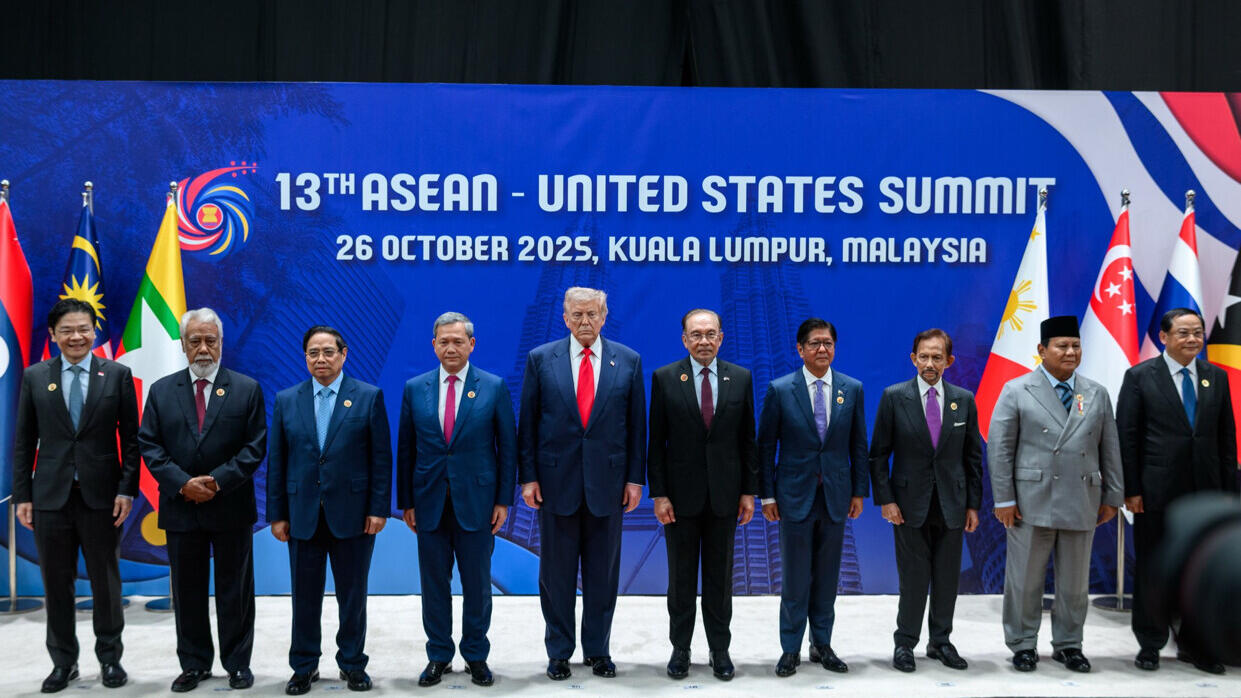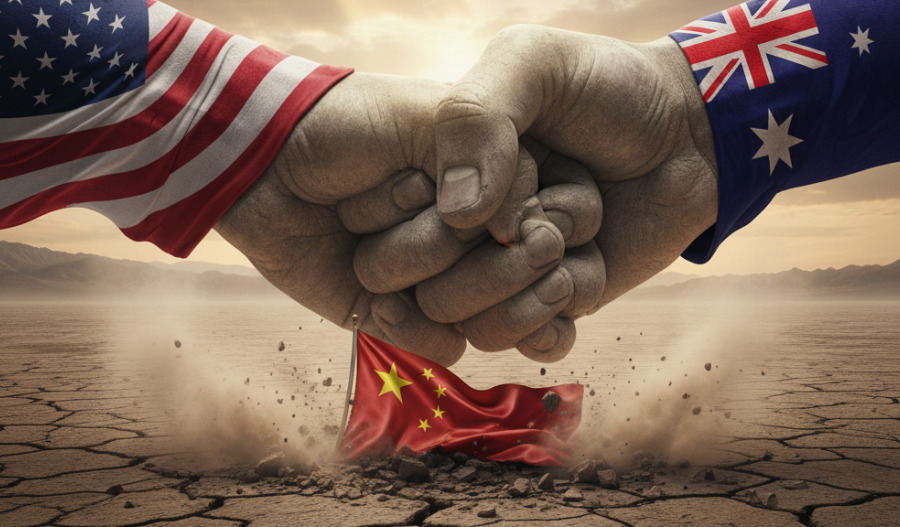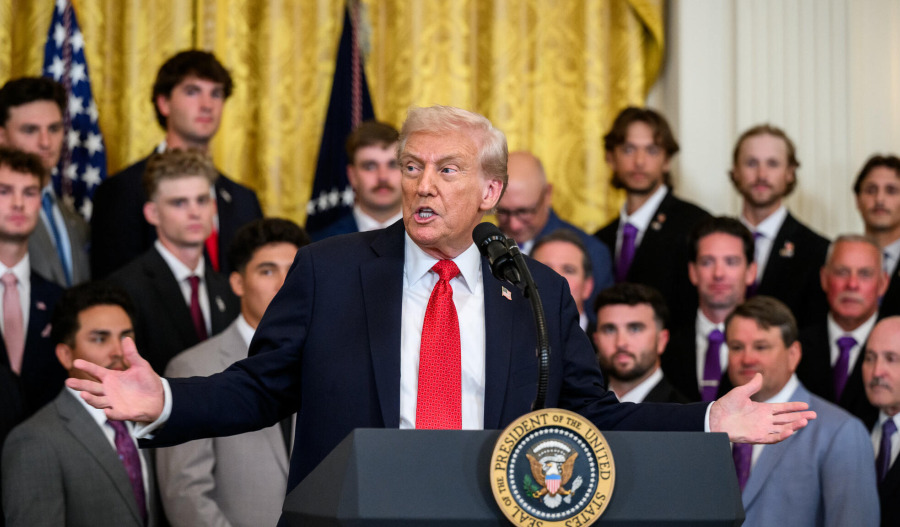United States President Donald Trump signed trade and critical minerals agreements with Malaysia, Cambodia, Thailand and Vietnam at the 2025 ASEAN Summit in Kuala Lumpur, targeting supply chain diversification as China tightens rare earths export controls.
The deals follow parallel negotiations with Chinese officials that produced a framework agreement to pause Trump's threatened 100% tariffs and delay Beijing's rare earth licensing regime by one year.
ASEAN deal structure
The U.S. signed reciprocal trade deals with Malaysia and Cambodia, plus framework trade pacts with Thailand and Vietnam.
Key terms:
- 19% baseline tariff rate on Malaysian, Cambodian and Thai exports
- 20% tariff rate on Vietnamese exports
- Zero tariffs on select goods categories
- Vietnam commits to increasing U.S. product purchases to reduce US$123 billion trade surplus
- Malaysia agrees not to impose bans or quotas on critical minerals exports to the U.S.
Separate critical minerals cooperation agreements were signed with Thailand and Malaysia to secure supply chains for semiconductors, electric vehicles and defence equipment.
The Malaysia commitment comes as Chinese firms negotiate with Kuala Lumpur on rare earths processing facilities, with sovereign wealth fund Khazanah Nasional expected to partner on refinery construction.
China controls two-thirds of global rare earths mining and processing, with increasingly stringent export controls forcing manufacturers to seek alternative supplies.
Framework details
Treasury Secretary Scott Bessent and Trade Representative Jamieson Greer met Chinese Vice Premier He Lifeng and negotiator Li Chenggang on Sunday, producing a framework deal for Trump and President Xi Jinping to finalise on Thursday at the APEC summit in Gyeongju, South Korea.
Key terms:
- Eliminates 100% tariff threat on Chinese imports (scheduled 1 November)
- One-year delay on China's rare earth minerals and magnets licensing regime
- China resumes U.S. soybean purchases (zero volume purchased in September)
- Extends existing tariff truce beyond 10 November expiration
- Discussions on fentanyl cooperation, port fees, TikTok ownership transfer
"I think we have a very successful framework for the leaders to discuss on Thursday," Bessent told reporters after the fifth round of talks since May.
Greer said both sides agreed to pause punitive actions and found "a path forward where we can have more access to rare earths from China, we can try to balance out our trade deficit with sales from the United States."
China's response
Chinese officials provided limited details. Li Chenggang said the sides reached "preliminary consensus" requiring internal approval processes.
"The U.S. position has been tough," Li said. "We have experienced very intense consultations and engaged in constructive exchanges in exploring solutions."
The White House has officially announced Thursday's Trump-Xi meeting, although China has not confirmed.
China's expanded rare earths export controls have created global shortages, prompting the U.S. to consider reciprocal software-powered export bans spanning laptops to jet engines.
Trump suggested follow-on meetings with Xi in China and Washington, potentially at Mar-a-Lago, with discussion topics including Taiwan, jailed Hong Kong media figure Jimmy Lai, and securing Chinese assistance on U.S.-Russia dealings.
Bessent told NBC's "Meet the Press" the two sides need to finalise TikTok deal details, allowing Trump and Xi to "consummate the transaction" in South Korea.
U.S. soybean farmers "will feel very good about what's going on both for this season and the coming seasons for several years" once deal terms are announced, Bessent said.



